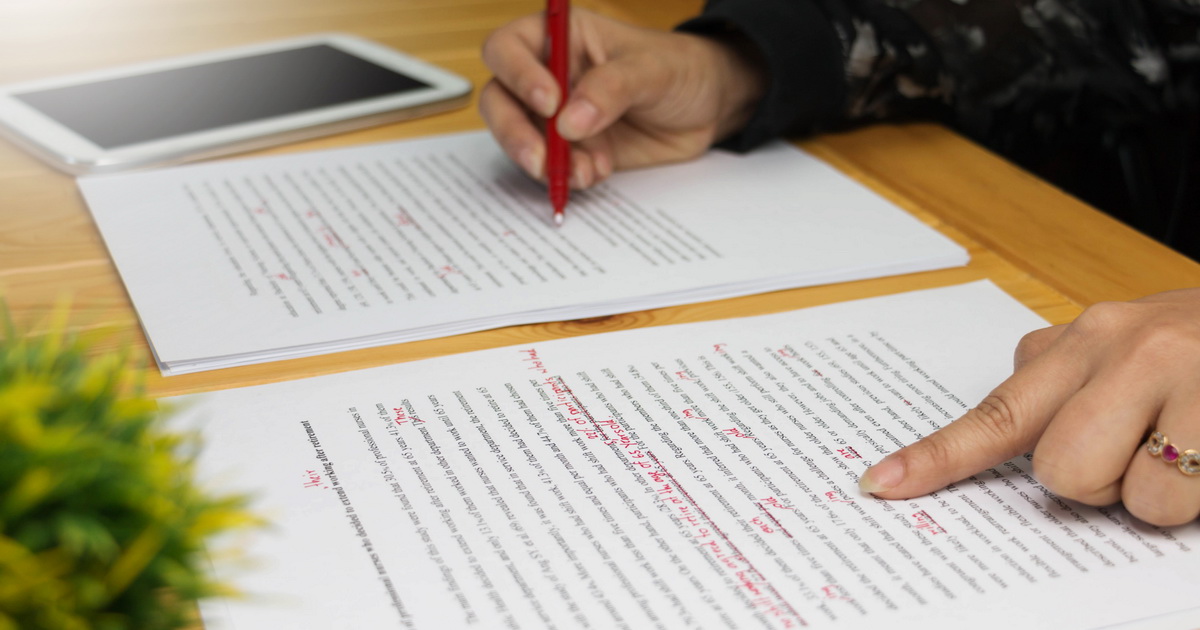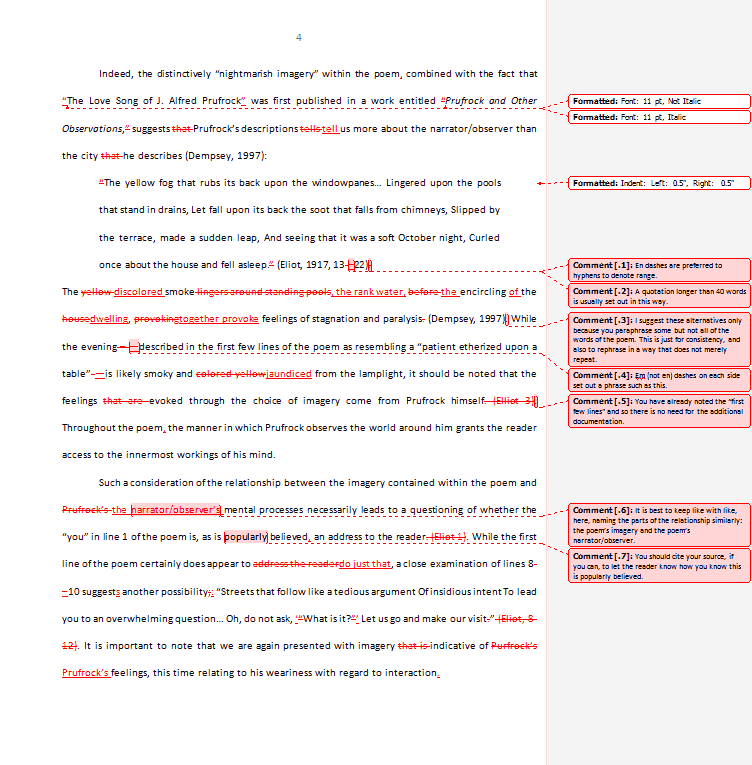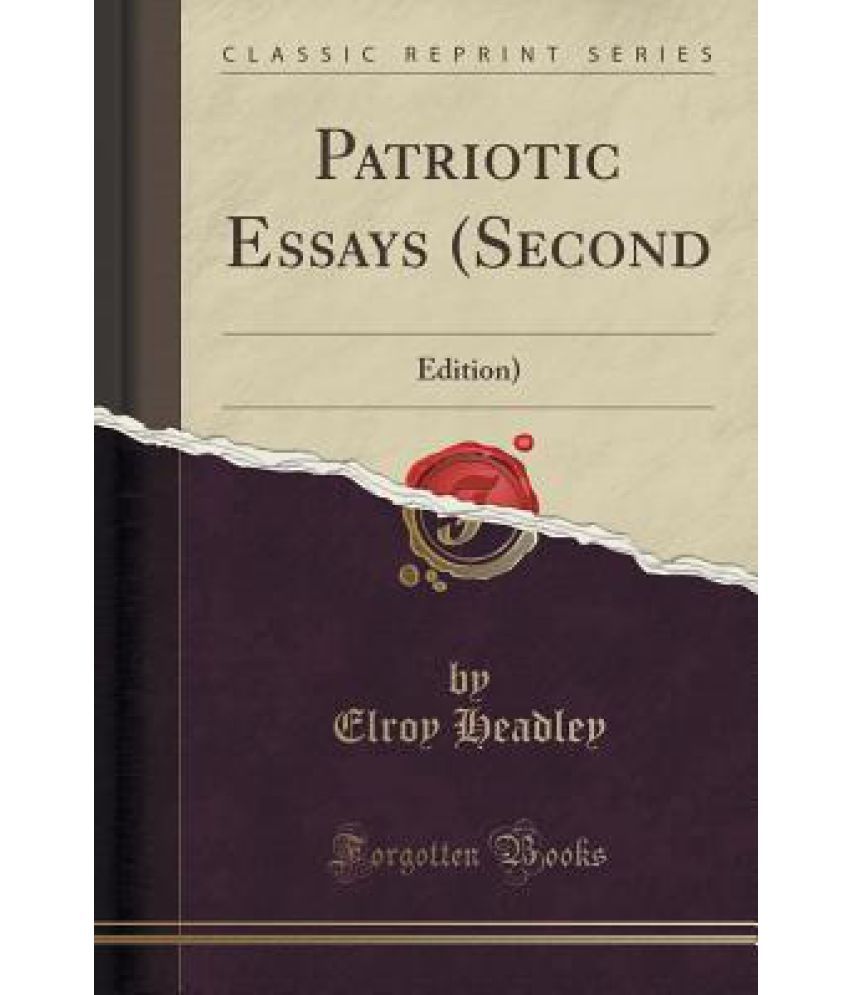
Free online proofreading and essay editor - a reliable tool for any writer, newspaper editor, teacher, blogger or student Essay editing develops your entire paper to create a profound structure and perfect cohesion. Writing is a process that requires strict adherence to guidelines, instructions, and proper structure. An assignment might possess all the appropriate data, but if poorly presented, the reader will miss the intention This free essay editor will find all mistakes momentary! It contains hundreds of rules, which help to detect errors quickly. Super Text Editor For Great Essays. Sometimes cloudless college days end up because of various writing assignments. You spend days while preparing an impressive masterpiece and hope to please your professor
Slick Write | Check your grammar. Proofread online.
Anyone who has gone through the ecstasies and agonies of writing an essay knows the satisfaction and sometimes the sadness of finishing. Once you've done all the work of figuring out what you want to say, arriving at an arguable and interesting thesis, analyzing your evidence, organizing your ideas, and contending with counter-arguments, editing essay, you may feel that you've got nothing left to do but run spell-check, editing essay, print it out and await your professor's response.
But what spell- check can't discern editing essay what real readers might editing essay or feel editing essay they read your essay: where they might become confused, or annoyed, or bored, or distracted. Anticipating those responses is the job of an editor—the job you take on as you edit your own work. As you proceed, remember that sometimes what may seem like a small problem can mask be a symptom of a larger editing essay. A poorly-worded phrase—one that editing essay, say, editing essay, unclear or vague—may just need some tweaking to fix; but it may indicate that your thinking hasn't developed fully yet, editing essay, that you're not quite sure what you want to say.
Your language may be vague or confusing because the idea itself is. So learning, as Yeats says, to "cast a cold eye" on your prose isn't just a matter of arranging the finishing touches on your essay. It's about making your essay better from the inside clarifying and deepening your ideas and insights and from the outside expressing those ideas in powerful, lucid, graceful prose.
These five guidelines can help, editing essay. Read your essay aloud. When we labor over sentences, editing essay, we can sometimes lose sight of the larger picture, of how all the sentences sound when they're read quickly one after the other, as your readers will read them.
When you read aloud, your ear will pick up some of the editing essay your eye might miss. As you read your essay, remember the "The Princess and the Editing essay the story of a princess so sensitive she was bothered by a single pea buried beneath the pile of mattresses she lay upon.
As an editor, you want to be like the princess—highly alert to anything that seems slightly editing essay or "off" in your prose. So if something strikes you as problematic, don't gloss over it. Investigate to uncover the nature of the problem. Chances are, editing essay, if something bothers you a little, editing essay, it will bother your readers a lot. Make sure all of your words are doing important work in making your argument.
Are all of your words and phrases necessary? Or are they just taking up space? Are your sentences tight and sharp, or are they loose and dull? Don't say in three sentences what you can say in one, editing essay, and don't use 14 words where five will do. You want every word in your sentence to add as much meaning editing essay inflection as possible.
When you see phrases like "My own personal opinion," ask yourself what "own personal" adds, editing essay. Isn't that what "my" means? Even small, apparently unimportant words like "says" are worth your attention. Instead of "says," could you use a word like argues, acknowledges, contends, believes, reveals, suggests, or claims? Words like these not only make your sentences more lively and interesting, they provide useful information: if you tell your readers that someone "acknowledges" something, that deepens their understanding of how or why he or she said that thing; "said" merely reports.
Keep in mind the concept of le mot juste. Always try to find the perfect words, the most precise and specific language, to say what you mean. Without using concrete, clear language, you can't convey to your readers exactly what you think about a subject; you can only speak in generalities, and everyone has already heard those: "The evils of society are a drain on our resources.
Be specific: What evils? Which societies? What resources? Your readers are reading your words to see what you think, what you have to say, editing essay. If you're having trouble putting your finger on just the right word, consult a thesaurus, but only to remind yourself of your options.
Never choose words whose connotations or usual contexts you don't really understand. Using language you're unfamiliar with can lead to more editing essay that can lead your reader to question your authority. Beware of inappropriately elevated language—words and phrases that are stilted, pompous, or jargony. Sometimes, editing essay, in an effort to sound more reliable or authoritative, or more sophisticated, we puff up our prose with this sort of language.
Usually we only end up sounding like we're trying to sound smart—which is a sure sign to our readers that we're not, editing essay.
If you find yourself inserting words or phrases because you think they'll sound impressive, editing essay, reconsider. If your ideas are good, you don't need to strain for impressive language; if they're not, that language won't help anyway. Inappropriately elevated language can result from nouns being used as verbs.
Most parts of speech function better—more elegantly—when they play the roles they were meant to play; nouns work well as nouns and verbs as verbs, editing essay. Read the following sentences aloud, and listen editing essay how pompous they sound. He exited the room. It is important that proponents and opponents of this bill dialogue about its contents before voting on it.
Exits and dialogues work better as nouns and there are plenty of ways of expressing those ideas without turning nouns into verbs. He left the room. People should debate the pros and cons of this bill before voting.
Every now and then, though, this is a rule worth breaking, as in "He muscled his way to the front of the line. And because it's not awkward to read, editing essay, but lively and descriptive, readers won't mind the temporary shift in roles as "muscle" becomes a verb.
Be tough on your editing essay dazzling sentences. As you revise, you may find that sentences you needed in earlier drafts no longer belong—and these may be the sentences you're most fond of. We're all guilty of trying to sneak in our favorite sentences where they don't belong, because editing essay can't bear to cut them.
But great writers are ruthless and will throw out brilliant lines if they're no longer relevant or necessary. They know that readers will be less struck by the brilliance than by the inappropriateness of those sentences and they let them go.
CopyrightKim Cooper, for the Writing Center at Harvard University. Skip to main content. Main Menu Utility Menu Search. Harvard College Writing Program HARVARD. Home FAQ Writing Support Schedule an appointment English Grammar and Language Tutor Senior Thesis Tutors Departmental Writing Fellows Writing Resources Writing Resources Editing essay Advice: The Barker Underground Blog Meet the tutors.
Writing Resources Editing essay for Essay Writing Editing essay to Read an Assignment Moving from Assignment to Topic How to Do a Editing essay Reading Overview of the Academic Essay Essay Structure Developing A Thesis Beginning the Academic Essay Outlining Counterargument Summary Topic Sentences and Signposting Transitioning: Beware of Velcro How to Write a Comparative Analysis Ending the Essay: Conclusions Revising the Draft Editing the Essay, Part One Editing the Essay, Part Two Tips on Grammar, Punctuation and Style Brief Guides to Writing in the Disciplines.
Quick Links Schedule an Appointment Writing Resources Harvard Guide to Using Sources HarvardWrites Employment Follow HCWritingCenter, editing essay. Copyright © The President and Fellows of Harvard College Accessibility Digital Accessibility Report Copyright Infringement.
How to Edit an Essay (in just 5 Simple Steps)
, time: 5:49Free online proofreading and essay editor - Typely

Essay editing develops your entire paper to create a profound structure and perfect cohesion. Writing is a process that requires strict adherence to guidelines, instructions, and proper structure. An assignment might possess all the appropriate data, but if poorly presented, the reader will miss the intention Free online proofreading and essay editor A reliable proofreading tool and essay editor for any writer or student Start editing. asd A complete environment. Typely is more than just a proofreading tool. It's a complete writing environment. Thousands of checks. More than a thousand checks are being performed and we've only scratched the surface This free essay editor will find all mistakes momentary! It contains hundreds of rules, which help to detect errors quickly. Super Text Editor For Great Essays. Sometimes cloudless college days end up because of various writing assignments. You spend days while preparing an impressive masterpiece and hope to please your professor

No comments:
Post a Comment